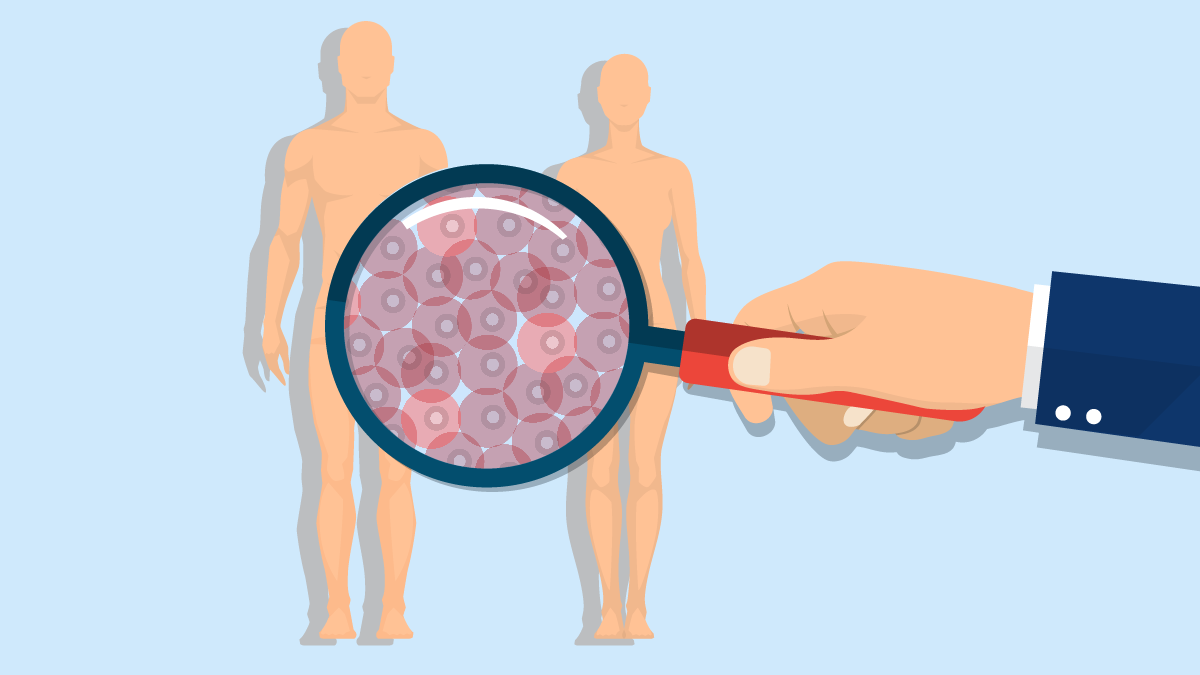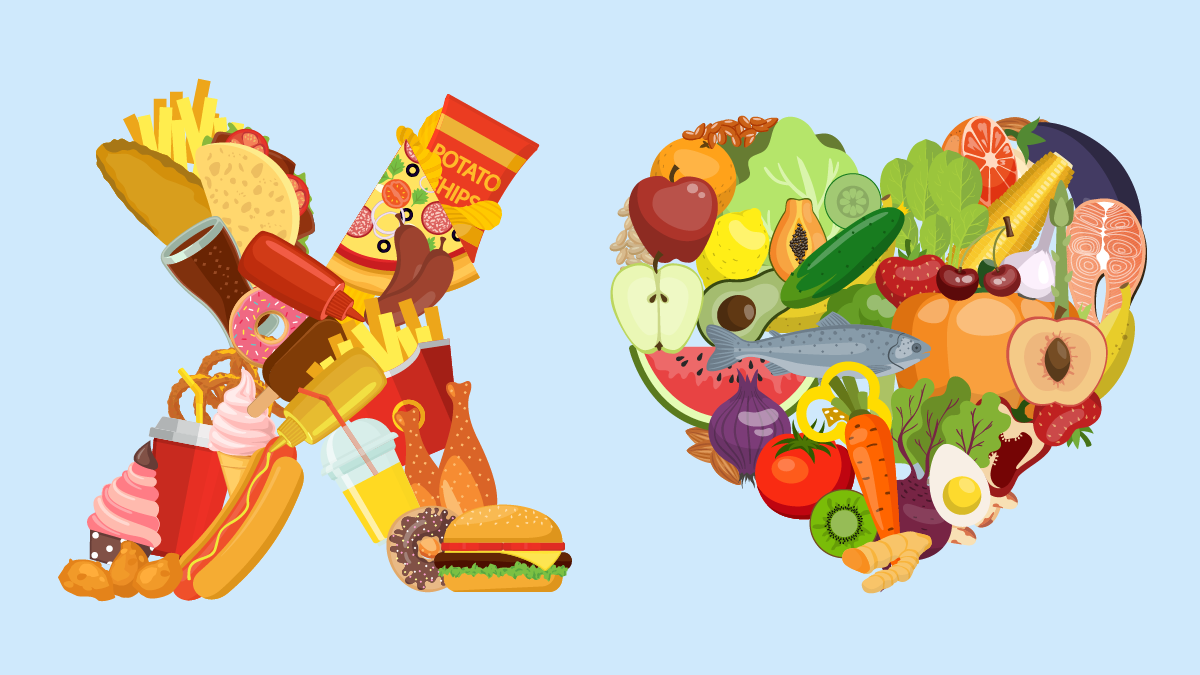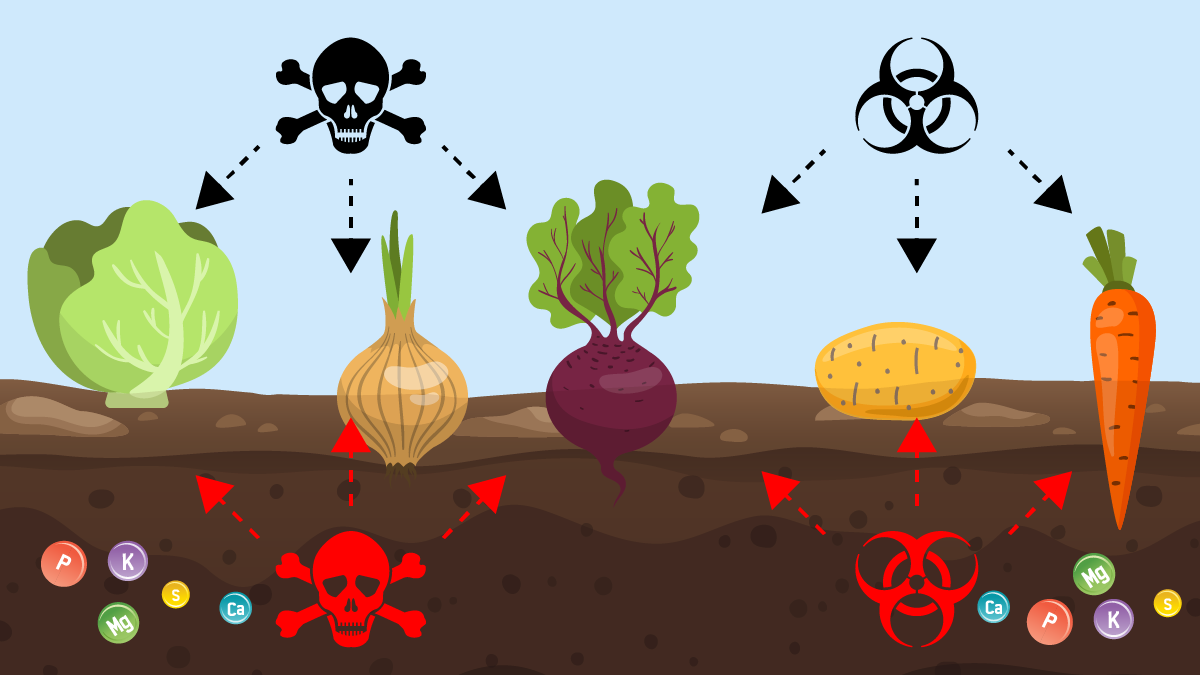"You are what you eat." This is true in the most literal way you can imagine. Because when you think about it, your body is nothing but a collection of individual cells that go together to make up one very large object. So, your body is made up of what goes into it.
But your body, along with the millions of cells that it's made up of, requires energy. And that energy has always come from the nutrients in food. Without nutrients, your cells won't get the energy to power your body.
There's just one problem though... food just isn't what it used to be.

Three Reasons Why Food Has Changed
- Food doesn't provide the benefits that it used to - fruits and vegetables are missing nutrients because these aren't in the soil, and they have unwanted pesticides and other residues.
- Types of food have changed - we no longer eat seasonal produce, taste has been bred out in exchange for appearance, and food is genetically different thanks to GMO.
- Time to shelf - back in the day food was walked to the market and then trucked. Now it's flown in from further away, with negative impacts from storage, chiller, preservatives, and environmental costs.
The combination of these three issues means that there is a gap in our nutrient intake.
Convenient, but Not for Your Body
Your nutrient intake is made even worse when your modern diet is often full of processed, inflammatory foods. Let's face it, they're called "convenience foods" because they're convenient in the rush of your everyday modern life. But just because they're convenient (and taste good), doesn't mean they're good for you.
Fresh and whole foods don't necessarily have the levels of nutrients in them to support optimal health either, which is the level of health you should be interested in nurturing.

Why Your Food Is Lacking Nutrients
Let's go back before foods are even harvested and take a closer look at the beginning: how foods are grown.
There are two main issues:
- Soil doesn't have enough nutrients to deliver what it should. Modern farming is very intensive, often the soil doesn't have time to recover between crops. This means farmers often resort to harsh chemicals and fertilizers. The result is the soil in which crops are grown often isn't very nutrient-dense. When nutrients aren't in the soil, they can't possibly be in your food.
- Pesticides and other nasties are used to help food grow faster and protect them from disease. However, these are not good for you – they are designed to deter insects, so does this mean you should eat them?

The Nutrient Gap in Food Is an Issue for Your Health
"Ever since humans developed agriculture, we've been transforming the planet and throwing the soil's nutrient cycle out of balance. Because the changes happen slowly, often taking two to three generations to be noticed, people are not cognizant of the geological transformation taking place," says Ronald Amundson, a UC Berkeley professor.
A 2004 study evaluated the Department of Agriculture data for 43 garden crops from 1950 to 1999. The researchers found statistically reliable declines for six nutrients - protein, calcium, potassium, iron, and vitamins B2 and C - but no change for seven others.
According to research cited by Courtney White, author of "Grass, Soil, Hope," a study in Australia found that apples had lost 80% of their vitamin C between 1948 and 1991 due to soil depletion and the vitamin A content of carrots had plummeted by 99%.
Meanwhile, in a United Kingdom study cited by White, nearly all vegetables had seen copper reduced by 76%, calcium by 46%, iron by 27%, magnesium by 24%, and potassium by 16%. The U.K. study covered the 50 years from 1940 to 1990.
Various reports and studies throughout the world are all saying the same thing: the situation is getting worse.
Bridging the Nutrient Gap
So, if whole foods, which should be your main source of nutrition, are no longer enough, and convenience foods certainly aren't the answer, how do you make sure your cells get the nutrients they need?
One answer is to take a supplement to help bridge the nutrient gap.
Multi-Xtra
Our Multi-Xtra provides you with all your essential vitamins and minerals, in their most bioavailable form. Food isn't as healthy as it used to be, but that doesn't mean you can't be.
Shop now


 Supplements
Supplements Skincare
Skincare Superfoods
Superfoods Bundles
Bundles














Leave a comment (all fields required)